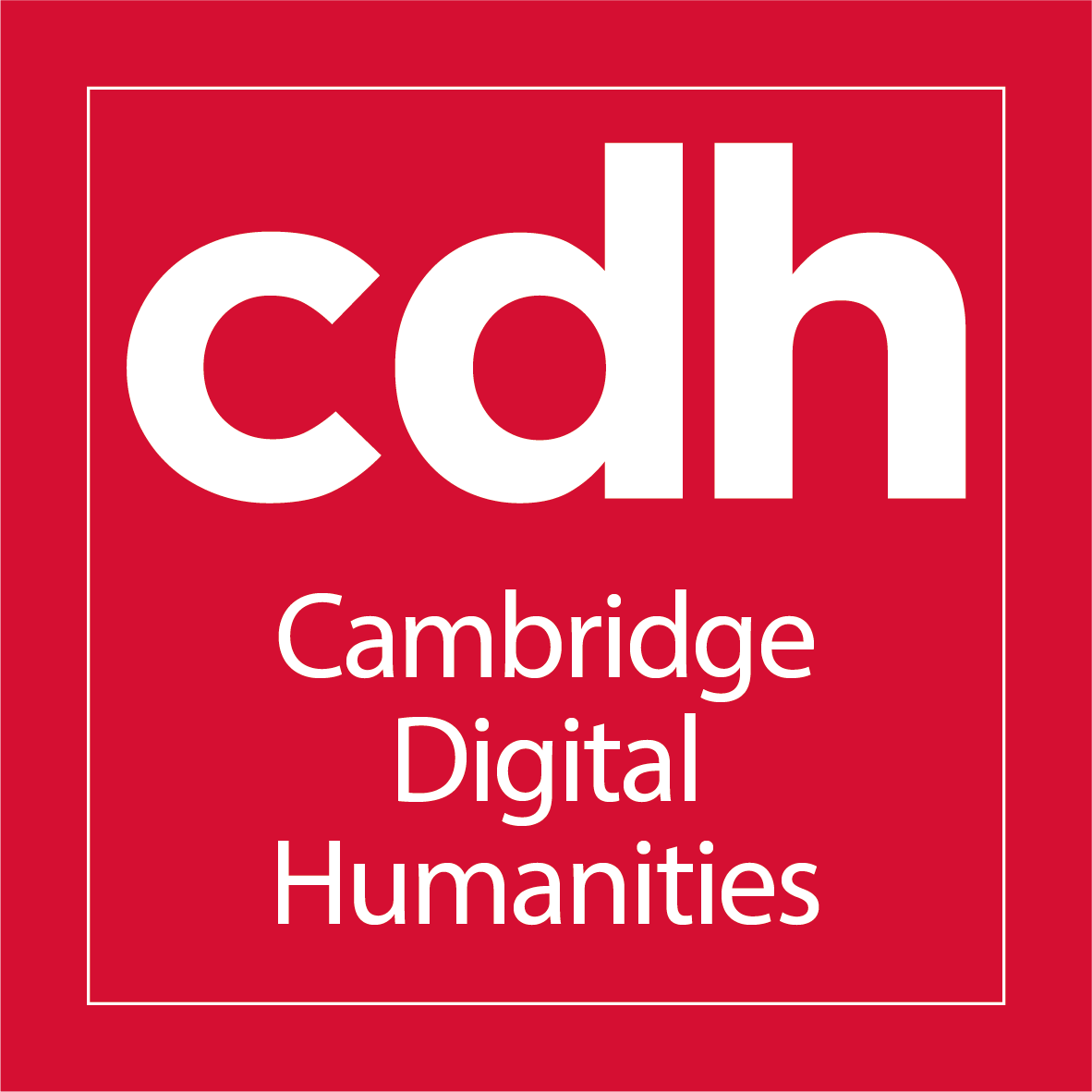Digital Landscapes. Understanding Archival Representation with Computational Methods
Duration: 1 hour 12 mins
Share this media item:
Embed this media item:
Embed this media item:
About this item

| Description: |
Prof Ruth Ahnert, Queen Mary University of London
This lecture was recorded on Monday 27 January 2020 at the Old Divinity School, St John's College |
|---|
| Created: | 2020-03-20 11:36 |
|---|---|
| Collection: | CDH Distinguished Lecturer Series 2019/20 |
| Publisher: | University of Cambridge |
| Copyright: | S. Williams |
| Language: | eng (English) |
| Distribution: |
World
|
| Keywords: | Digital Humanities; Archives; Data bias; Digitisation; |
| Explicit content: | No |
| Aspect Ratio: | 4:3 |
| Screencast: | No |
| Bumper: | UCS Default |
| Trailer: | UCS Default |
| Abstract: | One of the arguments made for the digital humanities is its potential for democratisation. The idea is that the more data we have, and the more people who have access to it, the more likely we are to be able to recover lost voices and rebalance scholarship in favour of the marginalised. However, both historic collection policies and more recent digitisation policies are necessarily shaped by multifarious interests and biases. Despite all the computational approaches that are being developed to study digital artefacts, there has been relatively little attention given to how we actually map what data we have, and what we do not, and the impact this has on the kinds of questions we can meaningfully ask. This paper gives examples from three of my projects to think about how computational methods can help us to survey the digital landscape so we can meaningfully describe and respond to the biases with which we are working.
Ruth Ahnert is Professor of Literary History & Digital Humanities at Queen Mary University of London, and is currently leading two large AHRC-funded projects: Living with Machines, and Networking Archives. She is author of The Rise of Prison Literature in the Sixteenth Century (2013), and co-author of Tudor Networks of Power, and The Network Turn (both forthcoming). |
|---|---|
Available Formats
| Format | Quality | Bitrate | Size | |||
|---|---|---|---|---|---|---|
| MPEG-4 Video | 640x360 | 1.92 Mbits/sec | 1.01 GB | View | Download | |
| WebM | 640x360 | 2.04 Mbits/sec | 1.08 GB | View | Download | |
| iPod Video | 480x360 | 499.23 kbits/sec | 263.27 MB | View | Download | |
| MP3 | 44100 Hz | 252.01 kbits/sec | 132.90 MB | Listen | Download | |
| Auto * | (Allows browser to choose a format it supports) | |||||

